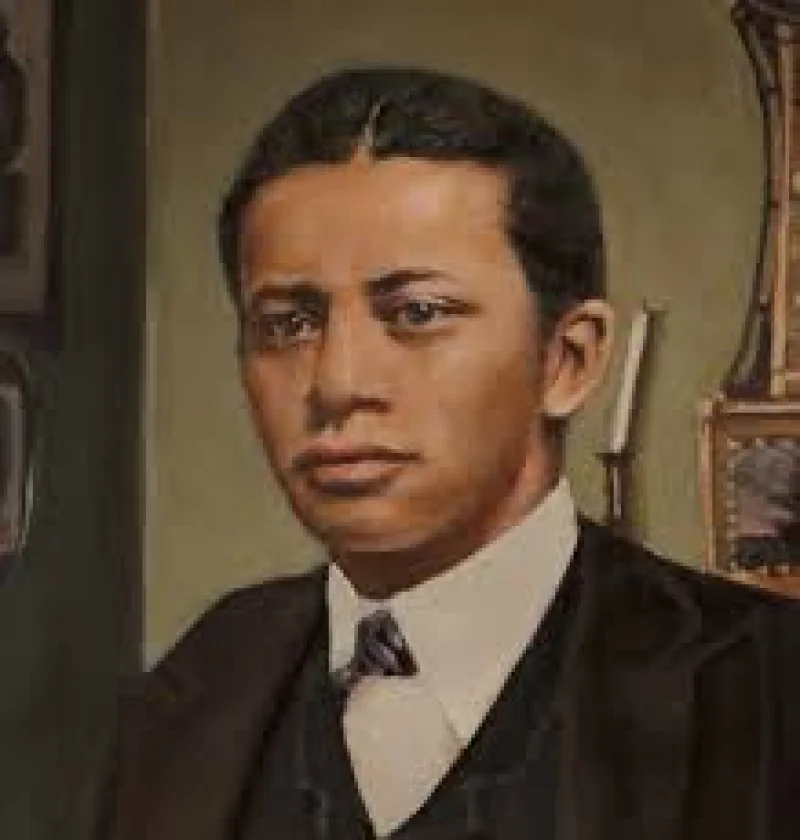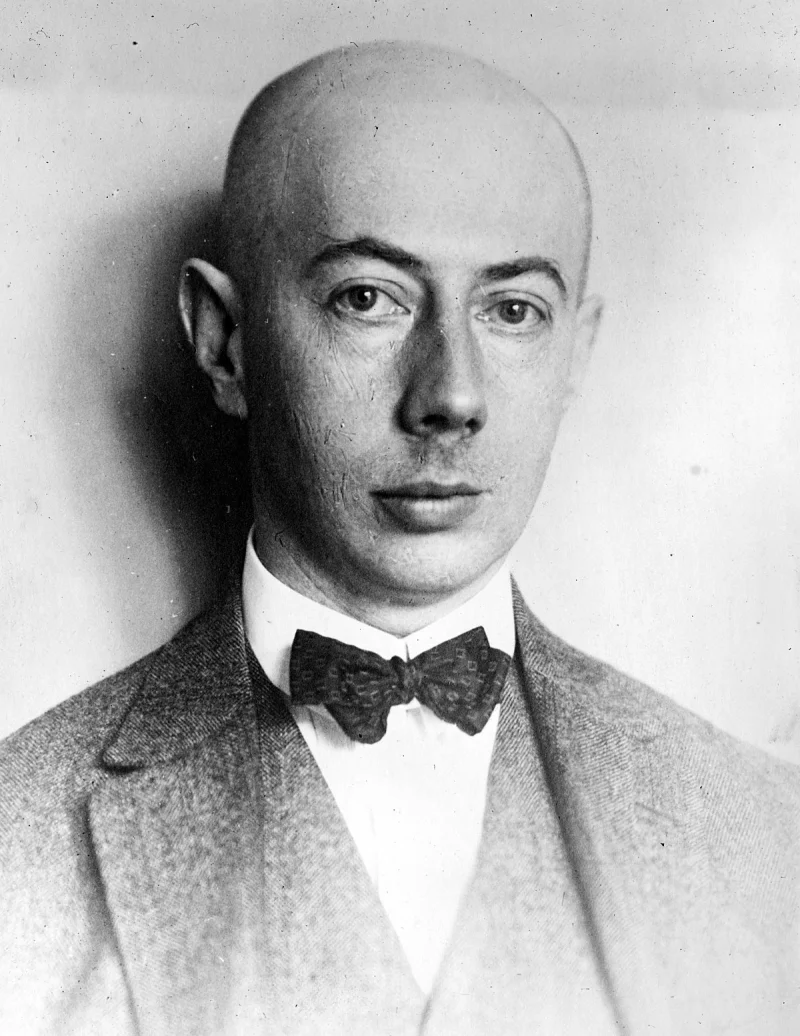Short Summary
George Grant was a Canadian philosopher and political theorist renowned for his profound critiques of modernity and technology. His work significantly influenced Canadian intellectual thought, particularly through his exploration of the intersection of politics, religion, and culture. Grant's insightful examinations of nationalism and liberalism have earned him a prominent place in the annals of Canadian philosophy. As an educator and writer, he left a lasting legacy through his thought-provoking books and essays that continue to inspire discussions on the fundamental challenges of the modern era.
Early Life & Education
George Grant was born on November 13, 1918, in Toronto, Ontario, into a family deeply rooted in Canadian politics and religion. His father, William Lawson Grant, was a distinguished educator, while his mother, Maude Erskine, was a devout Anglican. Growing up in a household that valued education and religious faith, he was exposed early on to intellectual debates and discussions. Grant attended Upper Canada College and later studied at Queen's University, where he earned his Bachelor of Arts. Pursuing further education, he went on to study philosophy at Balliol College, Oxford, where he was influenced by the philosophical teachings of the British idealists.
Career Highlights
George Grant's career was marked by his contributions to academia and his role as a public intellectual. He began his teaching career at Dalhousie University, where he served as a professor of philosophy. In 1960, he became a faculty member at McMaster University, where he remained until his retirement. Grant's work gained widespread attention with the publication of "Lament for a Nation" in 1965, a seminal text that critically examined Canadian nationalism and its challenges. Throughout his career, he published numerous essays and books, engaging with themes of technology, political theory, and the decline of traditional values in modern society.
Major Achievements
- Published "Lament for a Nation," a critical exploration of Canadian nationalism.
- Authored influential essays on technology's impact on society and culture.
- Contributed significantly to Canadian philosophical thought and public discourse.
- Played a pivotal role in developing the study of political philosophy in Canada.
Famous Quotes
- "The past is not a buffer against the future, but a guide in facing it."
- "To live in this world is to engage with its complexities and contradictions."
Interesting Facts
- Grant was a staunch critic of technological determinism.
- He was deeply influenced by the works of T.S. Eliot and Simone Weil.
- He was a member of the Order of Canada, recognizing his contributions to intellectual life.
- His writings often explored the tension between tradition and modernity.
Legacy / Influence
George Grant's legacy lies in his profound influence on Canadian intellectual thought and philosophy. His works continue to be studied for their incisive critiques of modernity and their exploration of cultural and political identity. His ideas have sparked ongoing debates in academia and beyond, shaping discussions on nationalism, technology, and the role of tradition in contemporary society. Grant's contributions have left an indelible mark on the landscape of Canadian philosophical discourse.
FAQ
Q: Why is George Grant famous?
A: He is famous for his critical examination of Canadian nationalism and modernity.
Q: What is "Lament for a Nation"?
A: It is a seminal work by Grant analyzing the challenges facing Canadian nationalism.
Q: What themes did George Grant explore in his works?
A: He explored themes of technology, political theory, and the decline of traditional values.












